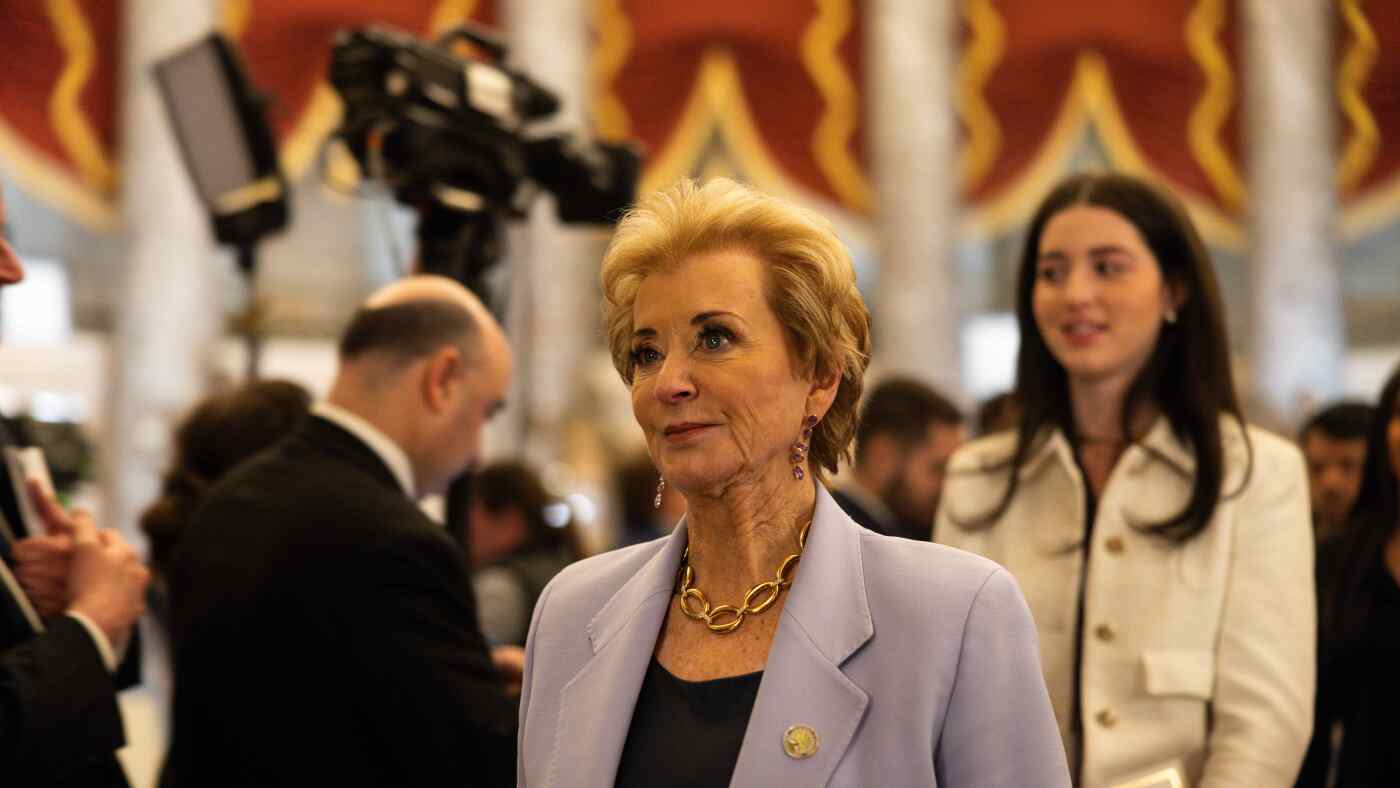U.S. Education Department Scrutinizes Universities for Alleged Race-Based Practices
Amidst rising concerns over race-based practices in education, the U.S. Department of Education has opened investigations into 52 universities across 41 states. The schools are accused of employing “racial preferences and stereotypes in education programs and activities.”
These investigations, announced by the department’s Office of Civil Rights on Friday, target 45 universities’ graduate programs for allegedly violating the 1964 Civil Rights Act. The universities are under scrutiny for their partnerships with The PhD Project, a nonprofit organization that aids students from underrepresented groups, specifically Black, Latino, and Native American, in pursuing doctoral degrees in business.
The crux of the department’s argument is that The PhD Project’s approach restricts participation based on race, leading to what it describes as “race-exclusionary practices” by the associated universities. Addressing this, Education Secretary Linda McMahon emphasized, “Students must be assessed according to merit and accomplishment, not prejudged by the color of their skin. We will not yield on this commitment,” as stated in a statement.
In response, The PhD Project conveyed to NPR its mission “to create a broader talent pipeline of current and future business leaders,” while noting that this year, the organization has expanded its membership application to include all individuals who align with their vision.
Among the universities under investigation are prominent institutions like Cornell and Yale, as well as a mix of state and private schools such as Duke, Emory, Georgetown, Vanderbilt, Rice, MIT, and NYU. The comprehensive list of involved schools is available here.
Additionally, six more institutions are being examined for offering “impermissible race-based scholarships,” while another faces allegations of operating a program that segregates students racially. The schools involved include Grand Valley State University, Ithaca College, and others, with the Education Department yet to specify which institution is facing segregation accusations.
Lynn Pasquerella, president of the American Association of Colleges and Universities, expressed the distress felt by administrators at these schools, indicating that they are “feeling beleaguered” and “overwhelmed.” She criticized the department’s actions as a misunderstanding of efforts to foster inclusive learning environments, describing it as “governmental overreach into institutional autonomy” and contrary to established legal standards.
This wave of investigations follows a recent directive from the Education Department that warned institutions against using “race-based preferences” in various domains, threatening the loss of federal funding. The directive pointedly accused schools of discriminating against white and Asian students.
In reaction, two major teacher unions, the National Education Association and the American Federation of Teachers, have filed lawsuits against the department, challenging the memo’s legitimacy and clarity.
Furthermore, the department is conducting separate investigations into 60 universities over allegations of antisemitic discrimination, with some schools, including Cornell and Yale, involved in both sets of investigations. The department recently cautioned these universities of “potential enforcement actions” if they fail to safeguard Jewish students on campus.
This intensified scrutiny comes at a time when the Education Department itself is undergoing significant staff reductions, with at least 240 employees from the Office for Civil Rights laid off, impacting those who handle discrimination complaints.
In a related commentary, Marjorie Hass, president of the Council of Independent Colleges, highlighted the proactive stance of college leaders on Capitol Hill, advocating for the preservation of essential educational resources and freedoms in the face of these challenges, as noted in her op-ed for Higher Ed Dive.





